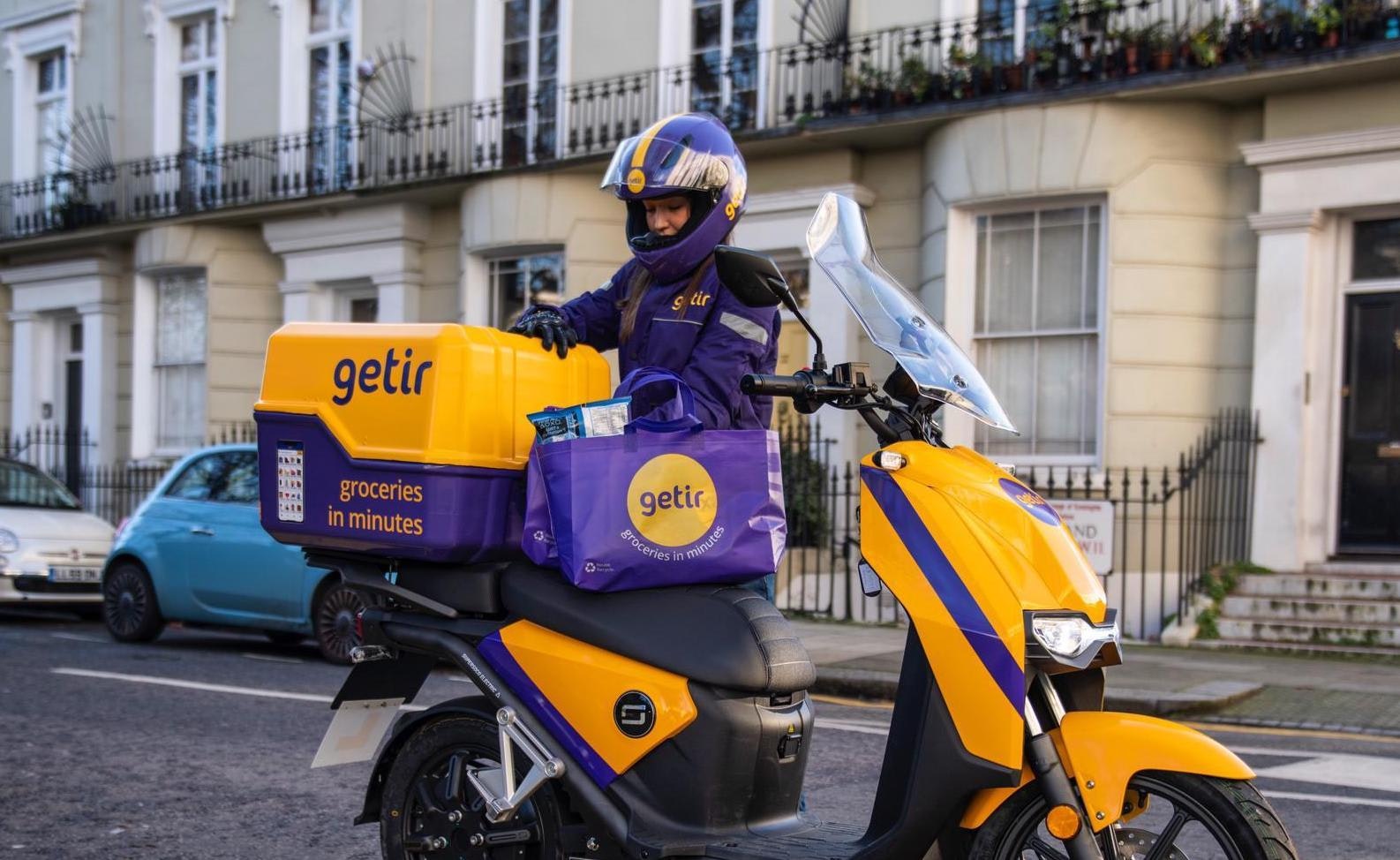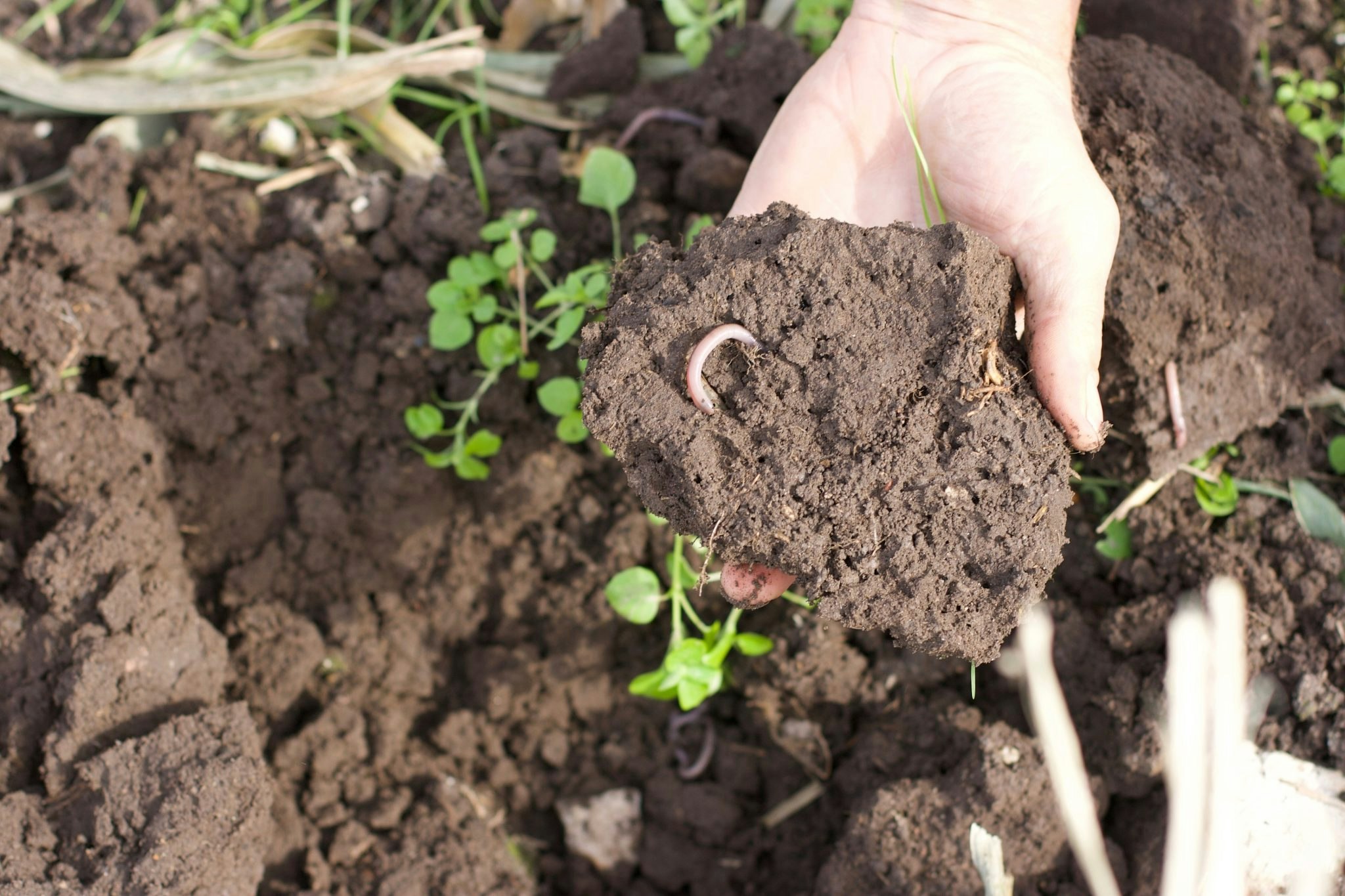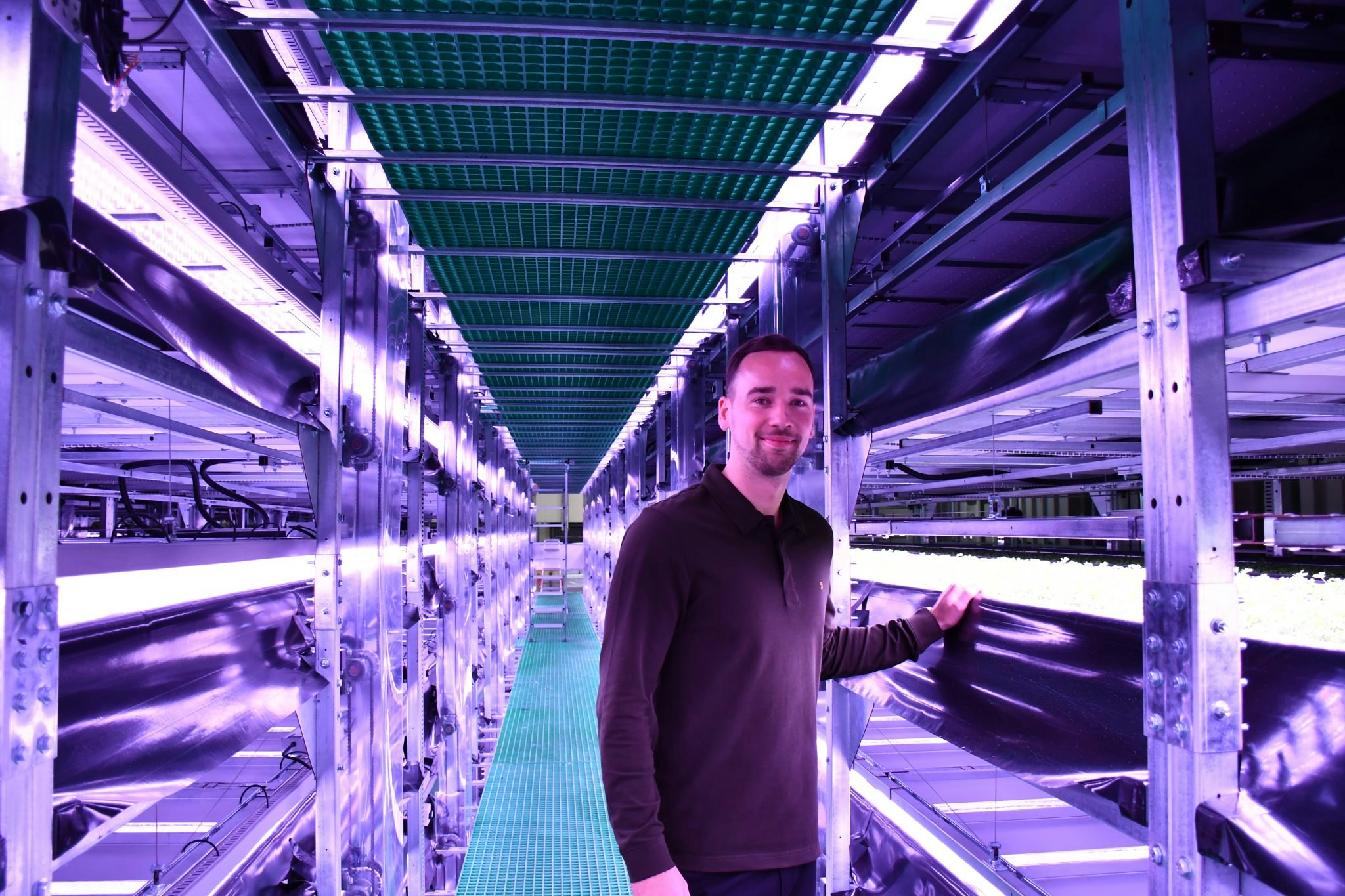Rodeo, a London-based startup that runs an app which helps food delivery riders earn more, has raised a $5m seed round led by LocalGlobe.
Rodeo wants to give food delivery riders, who are typically paid per delivery, more oversight into the way their pay is calculated. The gig economy sector continues to be subject to criticism over its data transparency and workers’ rights.
Alongside LocalGlobe, Rodeo’s Seedcamp and Form Ventures also invested.
What does Rodeo do?
Rodeo, which launched in 2021, says its app is now used by more than 9,000 riders working for companies like Deliveroo, Uber Eats, Just Eat and Stuart. Nearly all of Rodeo’s users are in the UK, with a handful across the rest of Europe.
The app tracks riders’ earnings and works out which companies give them the best deal. It shows which days are best to work, which areas are best to work in and at what times, as well as which companies pay the best and the worst.
Typically, food delivery companies show riders an overview of how many deliveries they’ve completed and the times of those deliveries. But it’s hard to gauge how many hours they’ve worked and what their hourly rate works out as. The fee for a given order depends on time of day, location and numerous other factors.
Rodeo sends out weekly stats showing hourly pay across the workforce. It also analyses how different apps have compared for price paid per minute across the week. It means that, should a company change the way it calculates pay, riders can track the impact of the change.
“By giving better visibility, Rodeo users are able to maximise their earnings and ensure that they've got as much visibility as possible on where, when and for whom they can earn the most money,” says Alfie Higgins, cofounder of Rodeo.
That’s become increasingly pertinent as the cost of living has risen, Higgins says — Rodeo data shows pay per order decreased by 2.5% across 2022, before inflation is factored in.
Rodeo plans to monetise the app through advertising (of things like insurance, equipment and financial service).
A spat with Deliveroo
Last month, Deliveroo rolled out a security update to its app which made it harder for Rodeo to access riders’ data. Deliveroo said that Rodeo had accessed riders’ data without authorisation.
Higgins tells Sifted that, although the move has made it harder for riders to export their data, it’s still possible.
“We basically help drivers input their data into the Rodeo app. They’re drivers’ accounts; drivers give us the authorisation and we import their data,” says Higgins. “[Deliveroo] made it harder for drivers to export their data to Rodeo, but it’s still viable.”
What do riders think?
In July last year, Sifted asked delivery riders what they thought of the app. Several riders reported making decisions on the way they work based on the information in the app.
“I have recently given up delivering for UberEats. I’ve looked at my stats over the last month and I can see that I’m spending a lot of time delivering for Uber and I’m not making as much money as I could be,” Milo, a rider in London, told Sifted. “And that was purely down to the data I saw in Rodeo.”
“That data is invaluable,” another rider, Mark Loftus, told Sifted. “We can go back to the companies with actual figures and say, ‘Look, this time last year we were making £5 per order, and now we’re making £4.80', for example. We can actually quantify what we’re losing or gaining.”
Other riders told us they thought more transparency was needed over the way food delivery companies calculate the riders’ pay; but said that the change needs to come from regulation, forcing the companies to open up their algorithms.
Rodeo’s investors are confident that tech solutions are part of making the gig economy sector fairer for its workforce.
“Governments around the world are looking closely at the relationship between workers and platforms,” says Patrick Newton, partner at Form Ventures. “But we think that technology will play the biggest role in building a fairer gig economy.”


